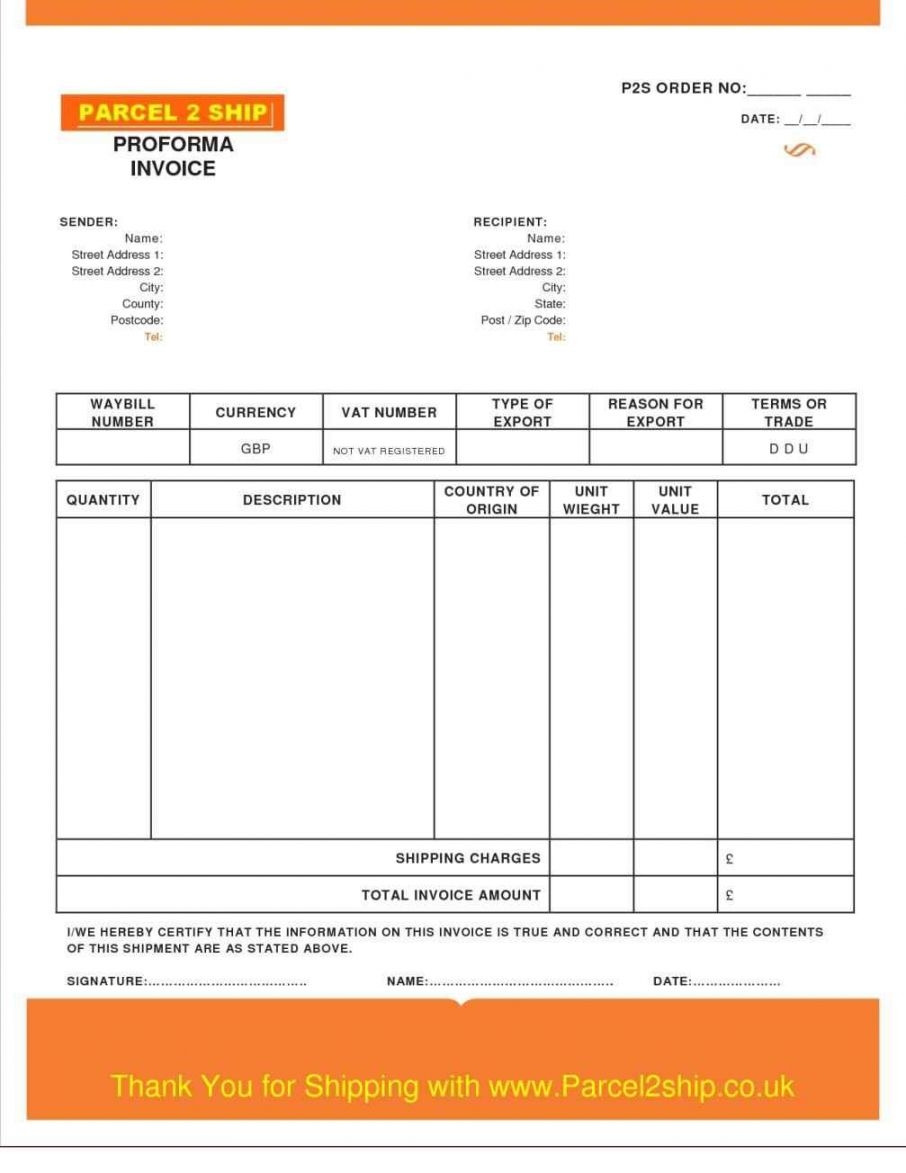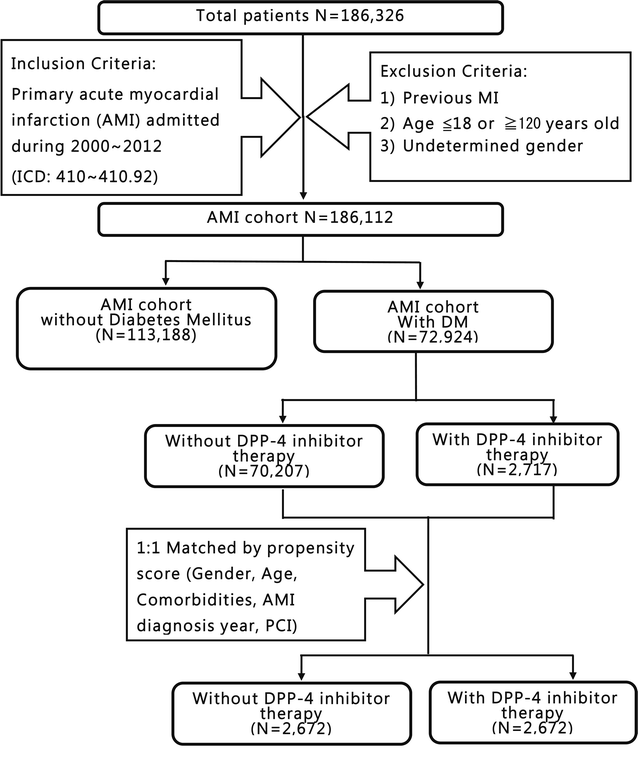
The party did not at the outset give explicit support to an independent Taiwanese national identity, partially because moderates such as Hsu Hsin-liang were concerned that such a move that could have invited a violent crackdown by the Kuomintang and alienate voters, but also because some members such as Lin Cheng-chieh supported unification. By 1988 the Formosa Faction would dominate high-level positions within the party. As a result, the Formosa faction would become more moderate, often bending to public opinion, while New Tide would become more ideologically cohesive. In the early days of the party, the Formosa faction focused on winning elections by wielding the star power of its leaders, while New Tide would focus on ideological mobilization and developing grassroots support for social movements. Moderates would later coalesce around the Formosa faction, founded by those arrested during the Formosa Incident after their release from prison. At its founding the DPP consisted of three factions: the Kang group (a moderate faction led by Kang Ning-hsiang), New Tide faction (consisting of intellectuals and social activists led by Wu Nai-ren and Chiou I-jen), and the Progress Faction (led by Lin Cheng-chieh, a waishengren opposed to independence). The tangwai were not a unified political unit and consisted of factions which carried over into the early DPP. These individuals were strongly committed to political change toward democracy and freedom of speech, press, assembly, and association.


These early members of the party, like the tangwai, drew heavily from the ranks of family members and defense lawyers of political prisoners, as well as intellectuals and artists who had spent time abroad. The new party members contested the 1986 election as "nonpartisan" candidates since competing parties would remain illegal until the following year. This movement culminated in the formation of the DPP as an alternative, but still illegal, party on 28 September 1986 by eighteen organizing members at Grand Hotel Taipei, with a total of 132 people joining the party in attendance. The DPP's roots were in the " Dangwai" – or "Extra-KMT" – movement, which formed in opposition to the Kuomintang's one-party authoritarian rule under the " party-state" system during martial law. The party is accused by the PRC of being a force being exploited by "some external forces" to "contain China", and aims to "divide the country", "prevent the Chinese nation from achieving complete reunification" and "halt the process of national rejuvenation". It favors closer ties with Japan and the United States, as well as the nations of ASEAN as part of its New Southbound Policy. On foreign policy, the DPP is more willing to increase military expenditures to prevent unification by the People's Republic of China (PRC) given the ambiguous political status of Taiwan. The DPP and its affiliated parties are widely classified as socially liberal having been founded as a party for human rights, including factions within the party supporting same-sex marriage and other LGBT rights. It represented Taiwan in the Unrepresented Nations and Peoples Organization (UNPO). The DPP is a longtime member of Liberal International and a founding member of the Council of Asian Liberals and Democrats.

The incumbent President and three-time leader of the DPP, Tsai Ing-wen, is the second member of the DPP to hold the office. It has traditionally been associated with a strong advocacy of human rights, emerging against the authoritarian White Terror that was initiated by the KMT, as well as the promotion of Taiwanese nationalism and identity, in contrast to Chinese unification. Currently controlling both the Republic of China presidency and the unicameral Legislative Yuan, it is the majority ruling party and the dominant party in the Pan-Green Coalition as of 2023.įounded in 1986 by Hsu Hsin-liang, Hsieh Tsung-min and Lin Shui-chuan, a year prior to the end of martial law, the DPP is one of two major parties in Taiwan, the other being the historically dominant Kuomintang (KMT), which previously ruled the country as a one-party state. The Democratic Progressive Party ( DPP) is a Taiwanese nationalist and centre-left political party in the Republic of China (Taiwan). In general, the DPP is often described as a centre-left party, and is accepted as part of Taiwan's " left-wing" camp. ^ a: The DPP has also been characterized as centrist on an international political spectrum because of its historical positioning as the major big tent opposition party supporting democracy.


 0 kommentar(er)
0 kommentar(er)
